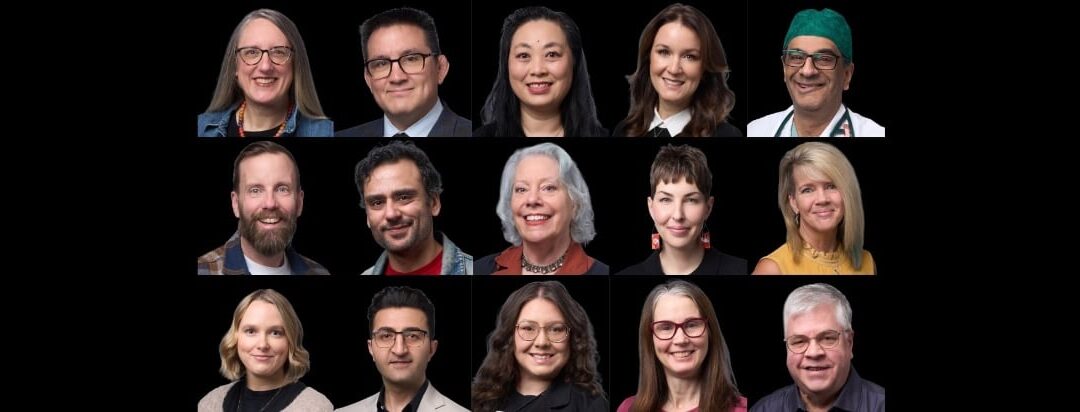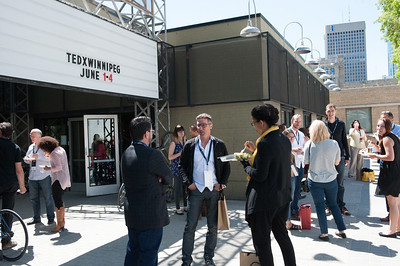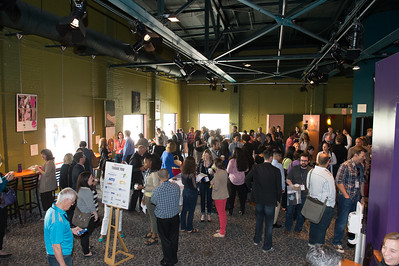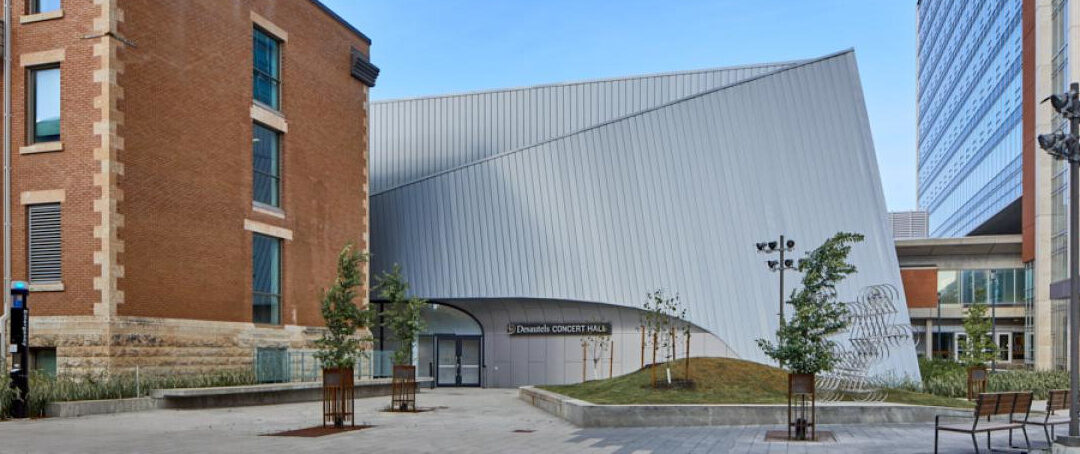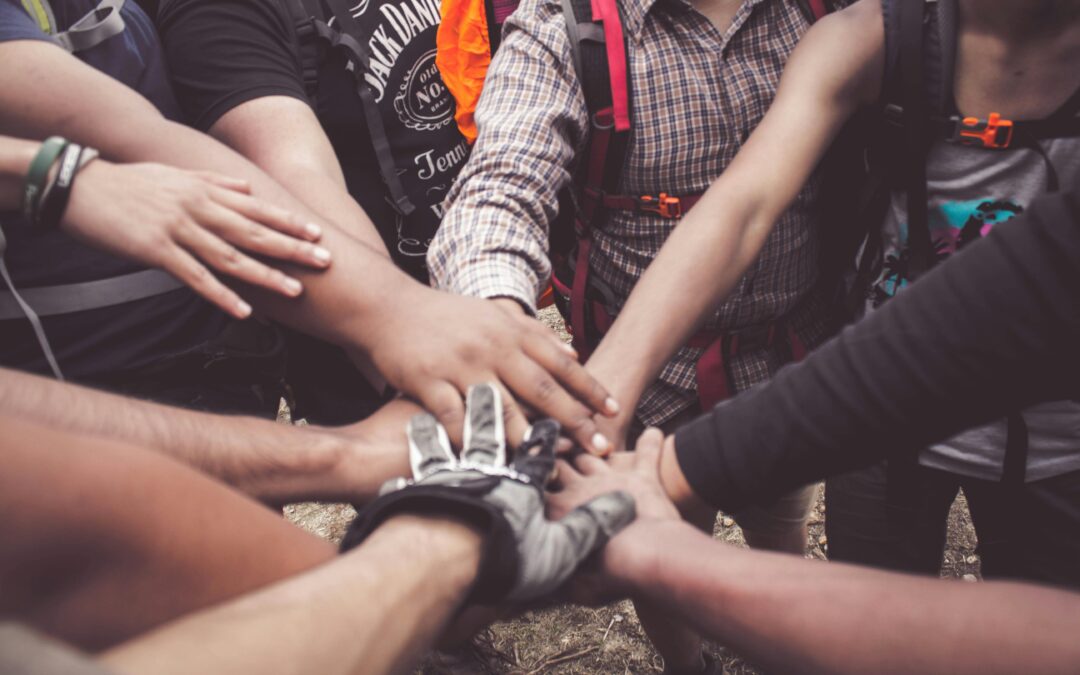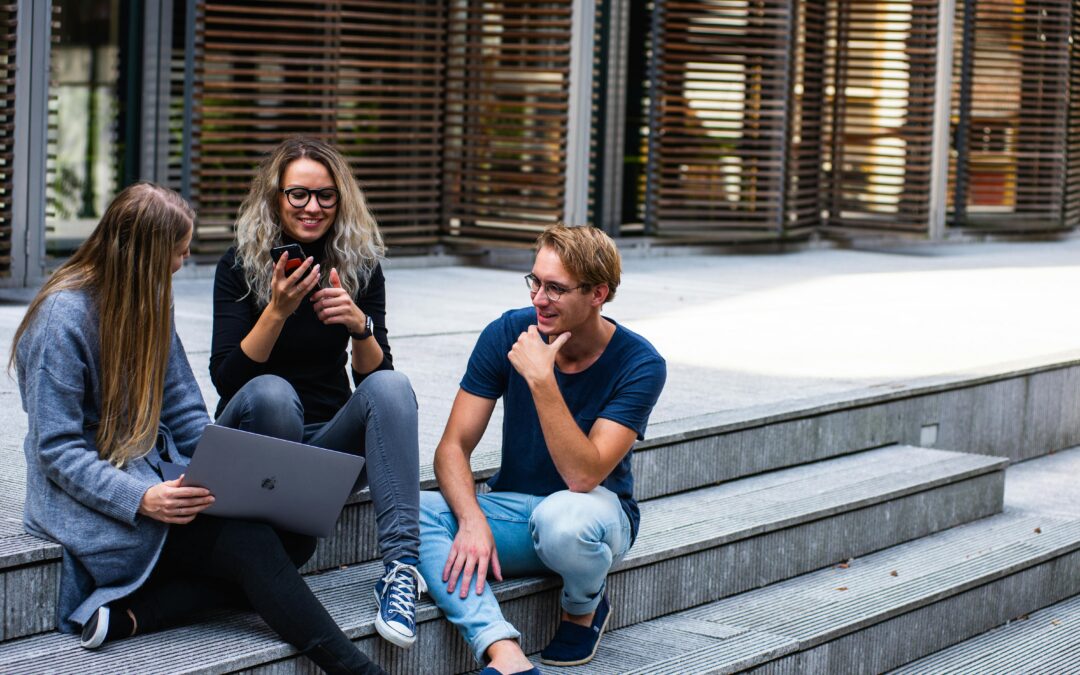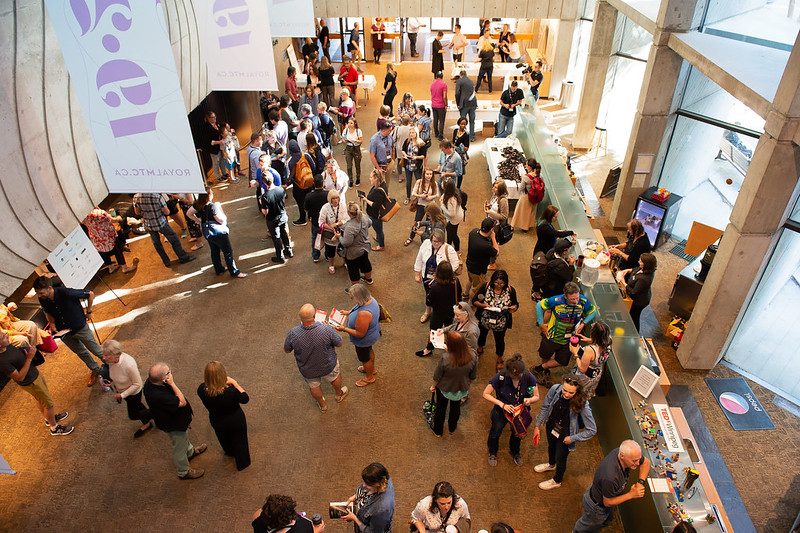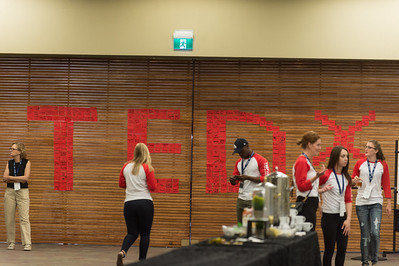1. What’s your connection to Winnipeg, or Manitoba?
I immigrated to Winnipeg in the early 80’s with my family when I was 7 years old, from my birth country, Tanzania. With Tanzania having been colonized by the British, there was a strong British influence on culture, and so I grew up reading children’s books from the United Kingdom. So because of these books, the concept of snow looked quite literally storybook-like to me. The idea of bundling up in wool sweaters and hats, building snowmen, and riding sleds was the most charming thing for me. I was so very excited to live in a country with winter. Although the warmth of that idea wore off as windchill factors increased, the warmth of the people did not. And I’ve lived here since then.
There is a charm about this city that keeps me here; big enough to be a city, but small enough to still feel like a community. But I also feel like we don’t give our city and ourselves enough credit at times, with our potential unrealized. For that reason, the team I work with developed WinnLove.ca to improve civic pride based on principles of psychology. Although I was born in a city on the other side of the world, I’ve lived in Winnipeg for the majority of my life. It is as much a part of my identity as my birth city.
2. If you were to die and come back as a person or a thing, what would it be?
Ooh, this is a tough one. It’s hard for me to consider living a life other than my own.
It’s even harder for me to think about applying what I’ve learned living as myself, in the life of another person because lived experience is so very important to identity. I feel that everyone has circumstances that shape the way they think and live. And I believe that if I were to come back as anyone else, my experiences as that new person would shift the way that I thought. And then as a result, I might not remember who I was before or how I thought.
I’m not entirely sure I would like to forget my life as it has been thus far. For better or for worse, tumultuous or celebratory, my life experiences made me who I am today. And I’ve learned (and continue to learn) to increasingly be happy with who I am and what I’ve been through. So I am happy just having had this one life, as myself.
But if I chose to come back as one thing, it would be a magical continuously self-replenishing moist and mile high cake (alternating layers of milk chocolate and vanilla with whipped cream frosting and real custard – not pudding – between the layers). Why not be something that makes so many people so very happy.
3. What is your greatest fear?
This sounds super serious, but it’s the honest answer. My greatest fear is to have died and my life had not had meaning and purpose.
4. What is your idea worth spreading?
In order to truly improve issues of diversity and inclusion, we need to first identify and address our own unconscious bias. Doing so can be difficult because identifying our own bias can make us anxious of coming across as racist. But the truth is that we all have bias of one form or another.
Shutting down the process of being mindful of our beliefs can leave us blind to the many difficult outcomes of our not-so-well-thought-out actions. Our thoughts, including bias, show up in every aspect of our lives, personal and professional. This includes the things we produce based on our thoughts, like policies and practices, laws, business dealings, teaching, and even simple well meaning conversations.
Unconscious bias can lead to microaggressions committed at both individual and institutional levels that marginalize entire communities because they don’t fit with our perception of what is “normal”, or dare I say “Canadian”. Being brave enough to challenge our own thoughts, and think about our own thinking, especially in regards to our beliefs of those different from us, can lift society and improve our potential as a whole.
5. Which words or phrases do you most overuse?
“Yes, I can repeat that. A-b-d-u-l-r-e-h-m-a-n. First part, Abdul, like Paula.”
6. What is your idea of perfect happiness?
1. Mile high cake and a glass of milk, and 2. a sense of inner peace and contentment. But usually the first can produce the second for me.
7. What TED Talk do you think everyone should see?
Most definitely, most wholeheartedly, it would be “The Muslim on the Plane” by Amal Kassir.

